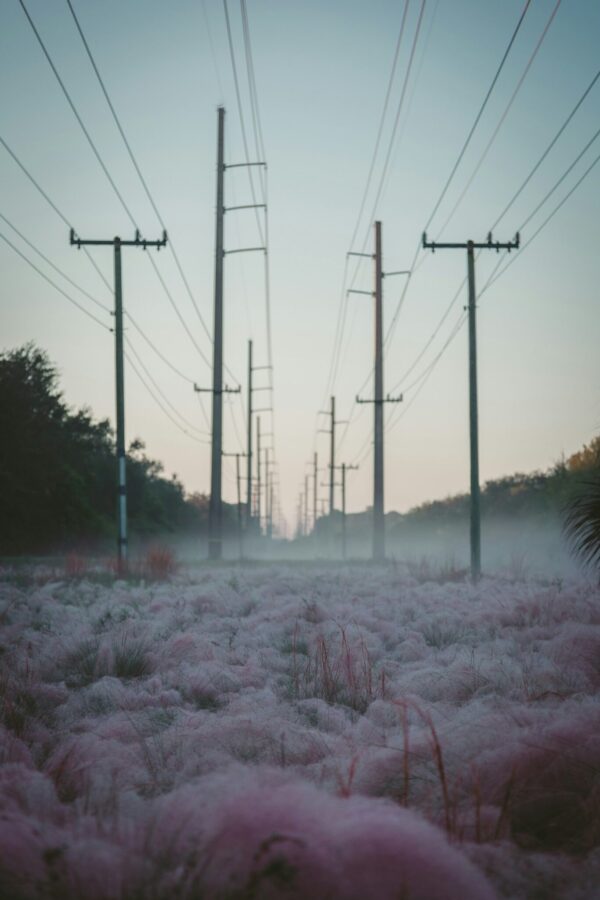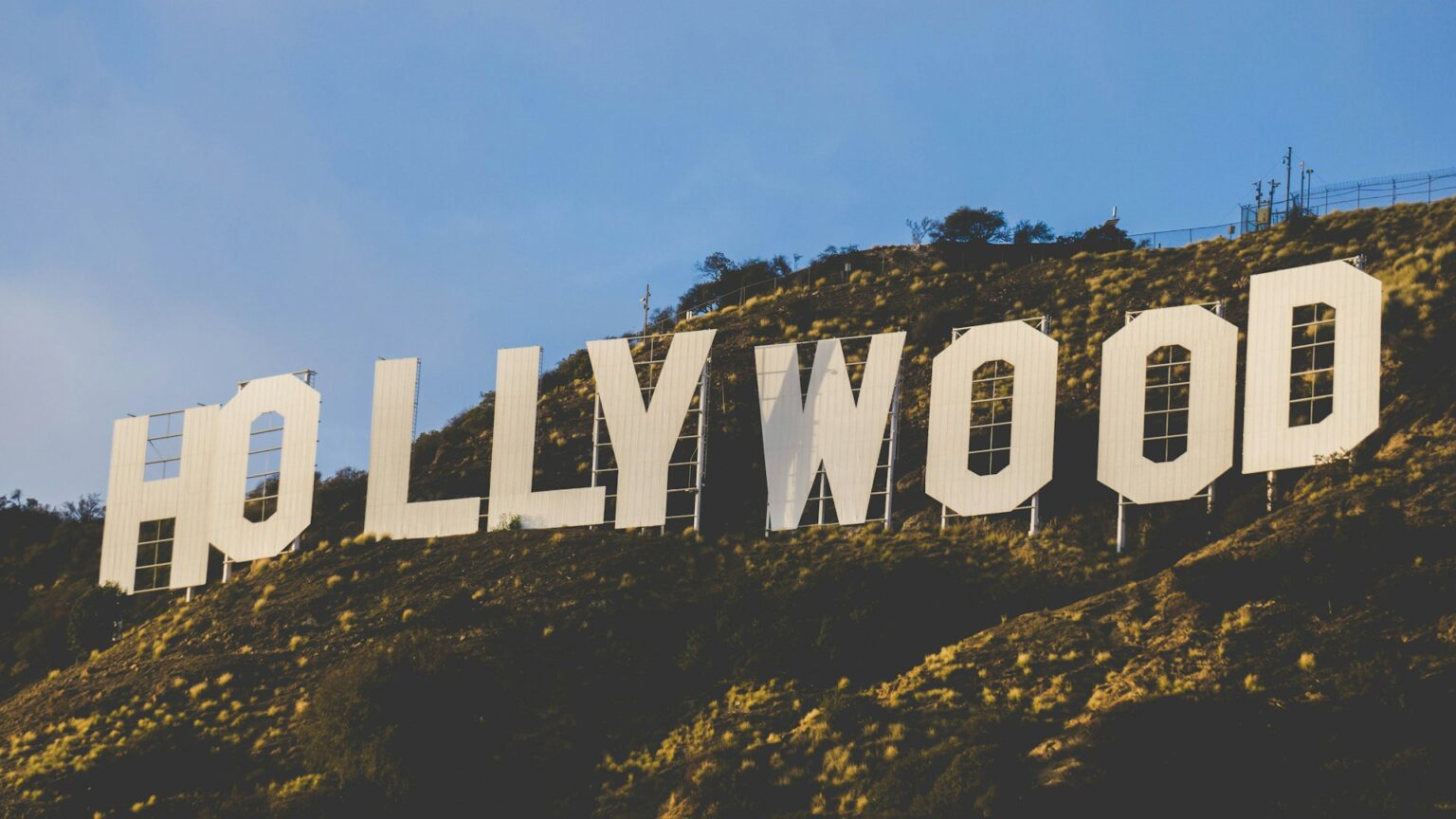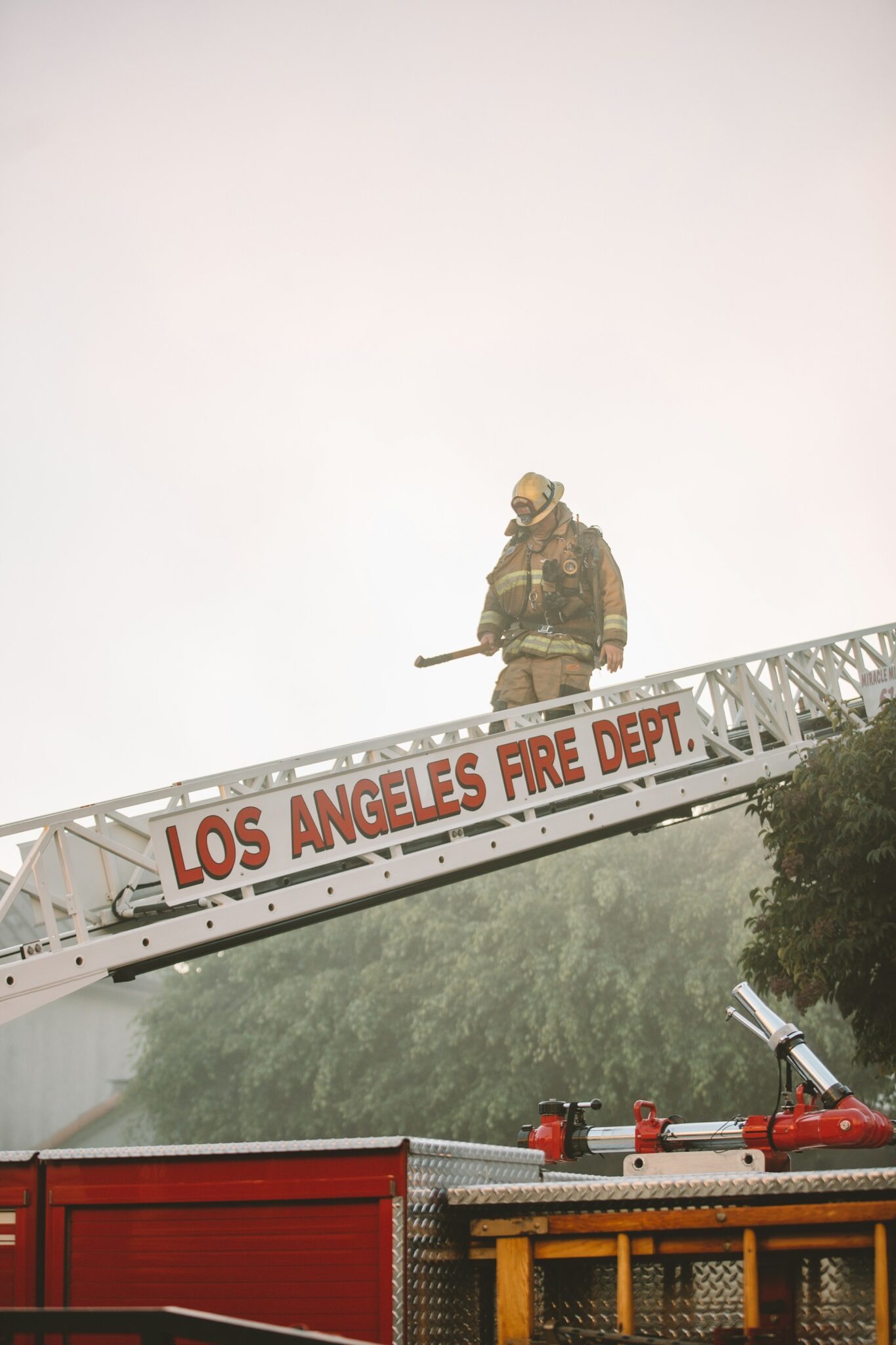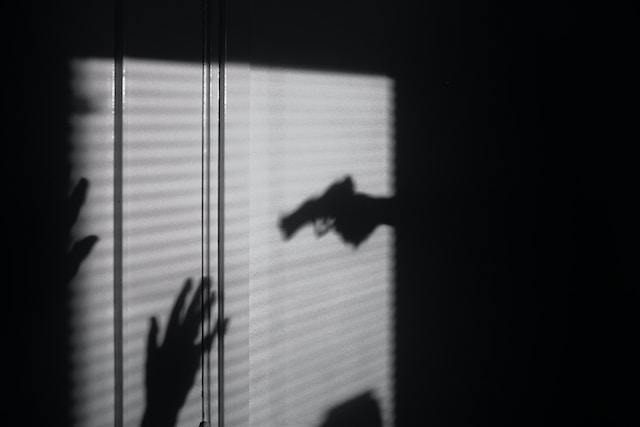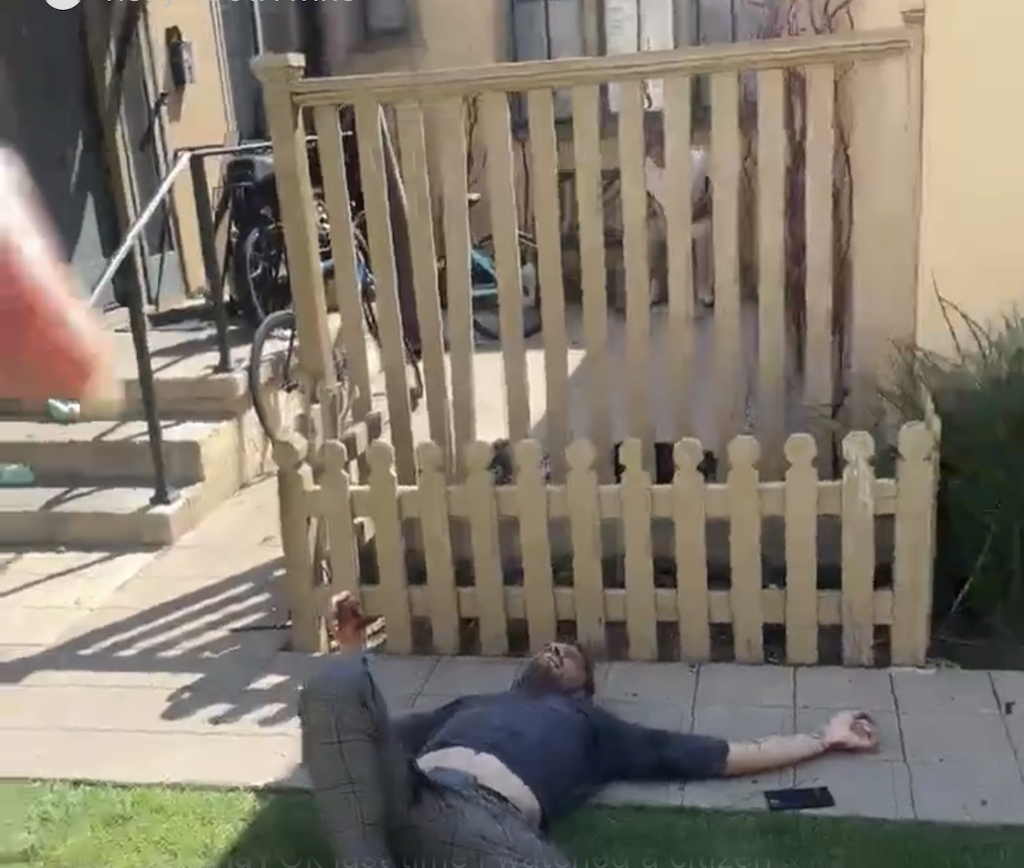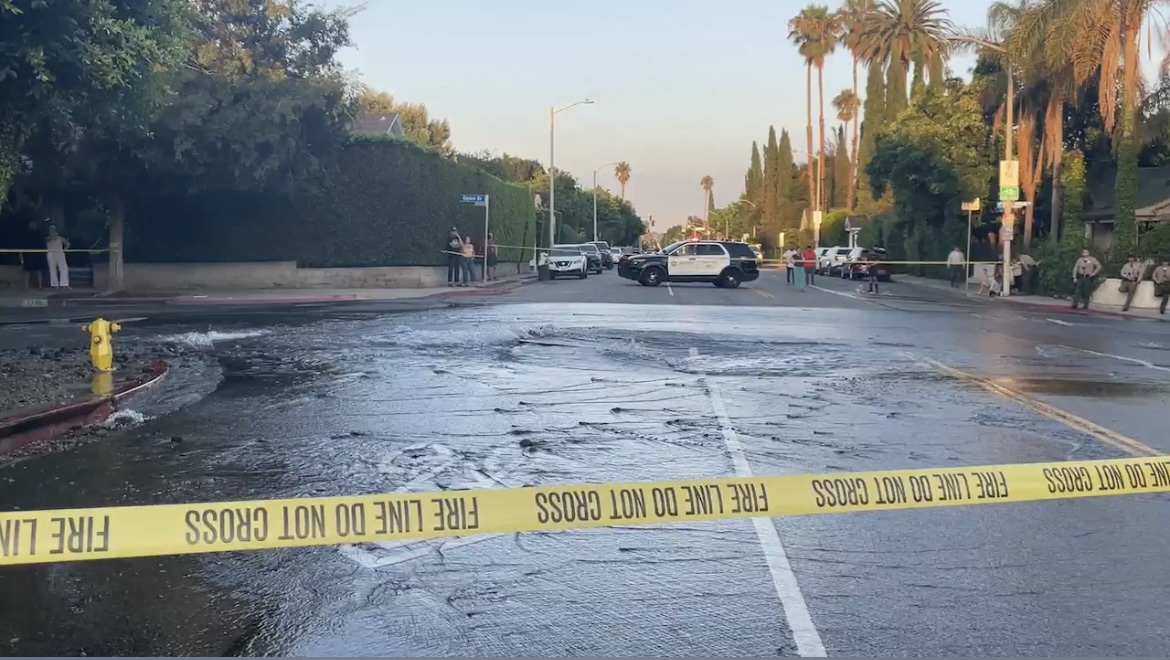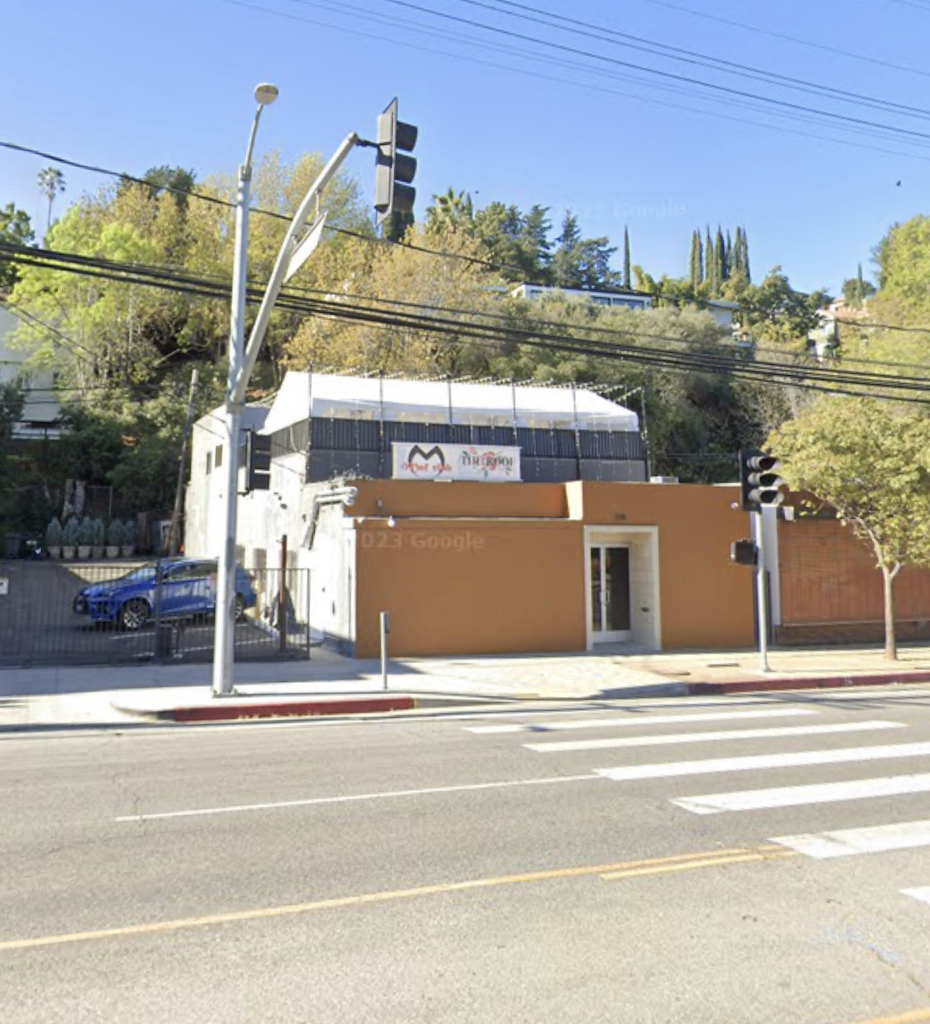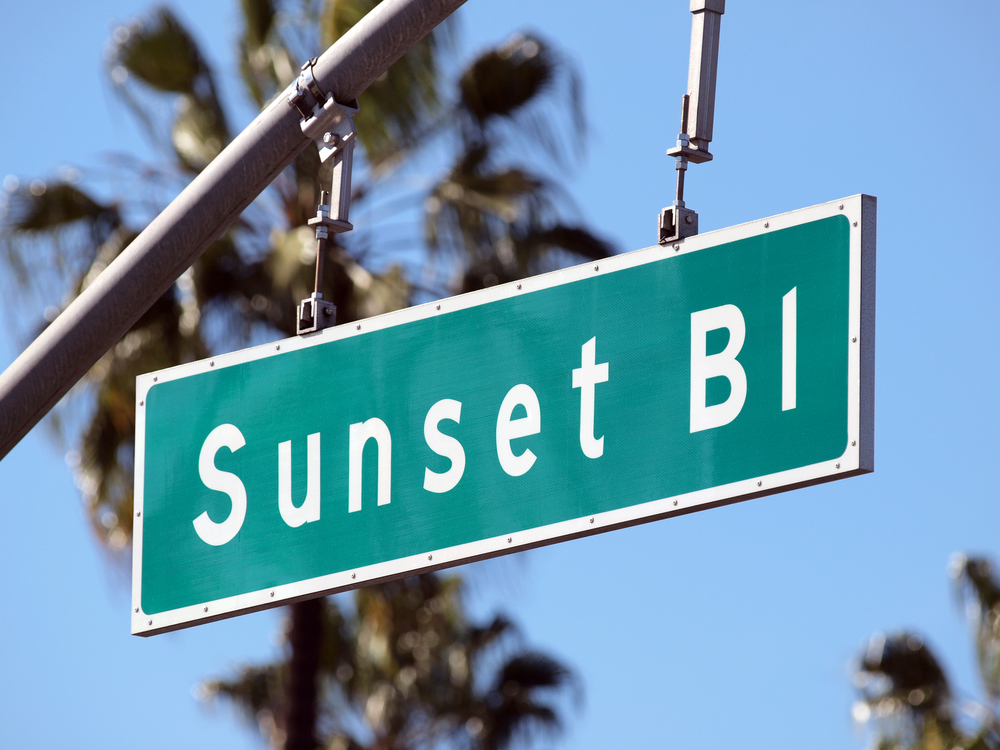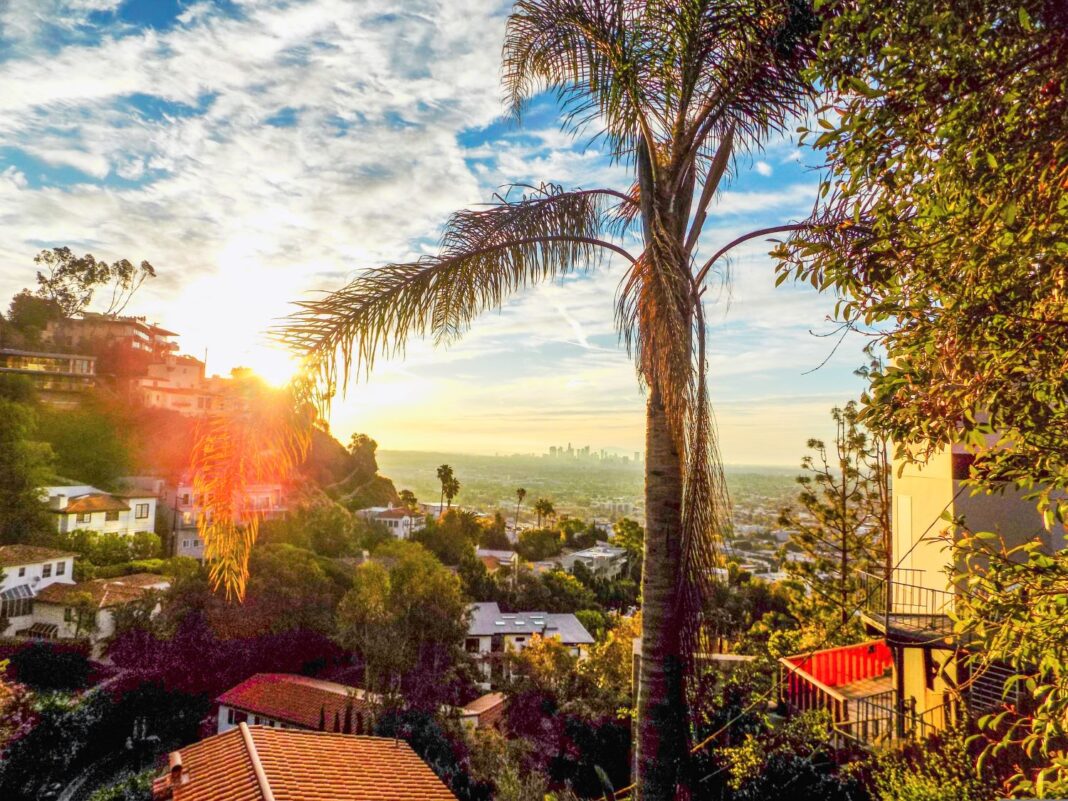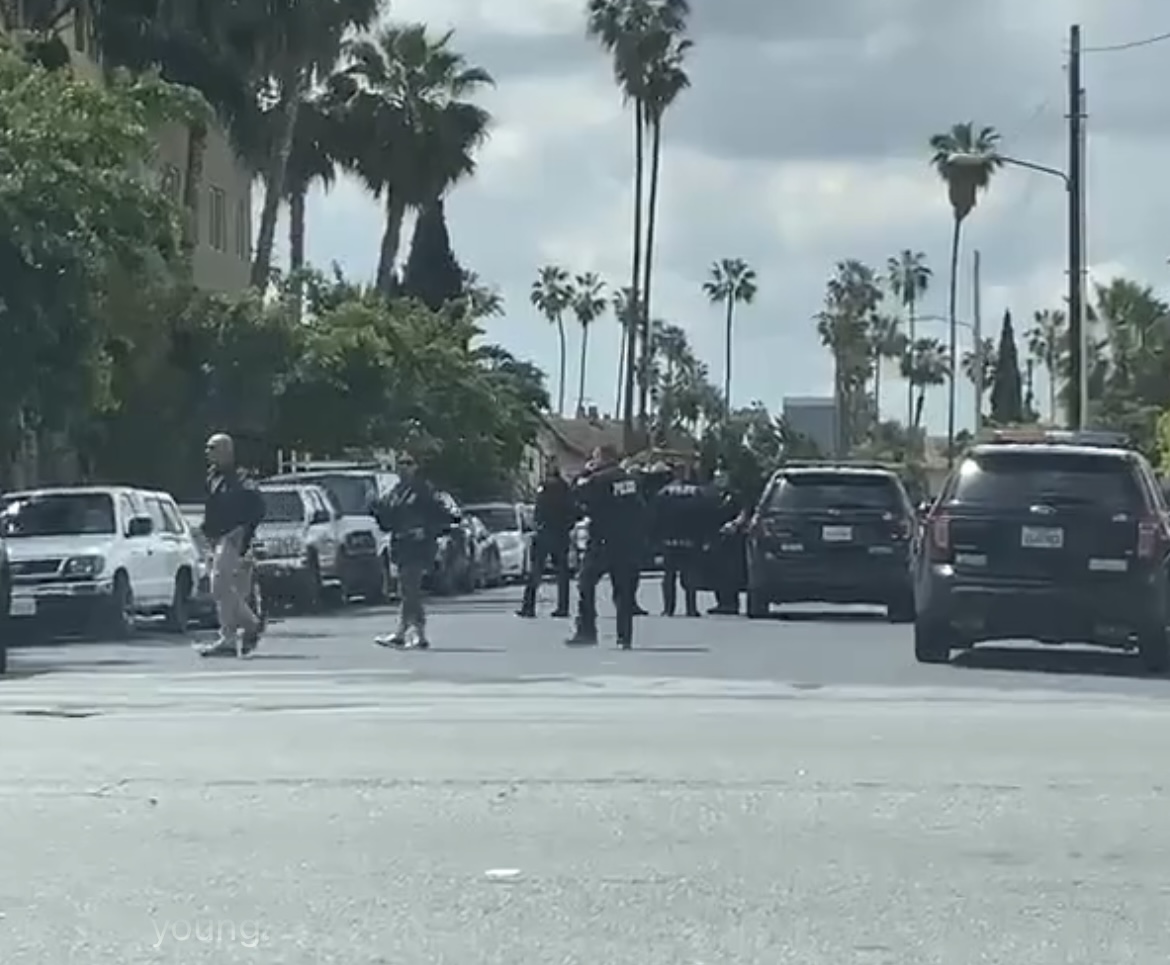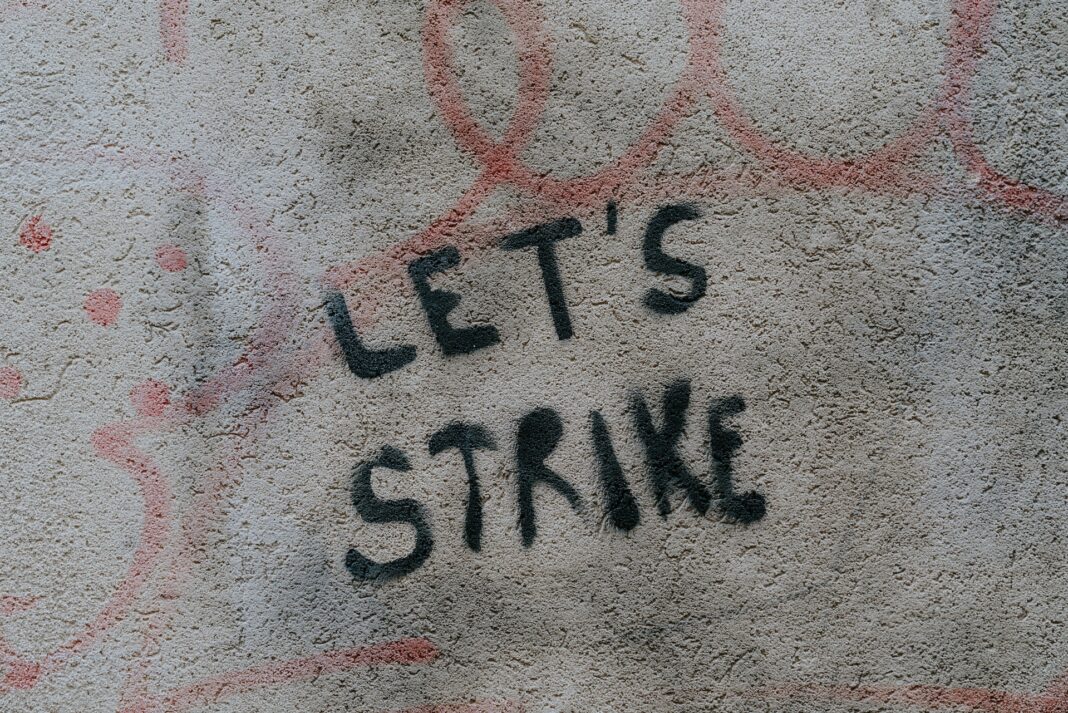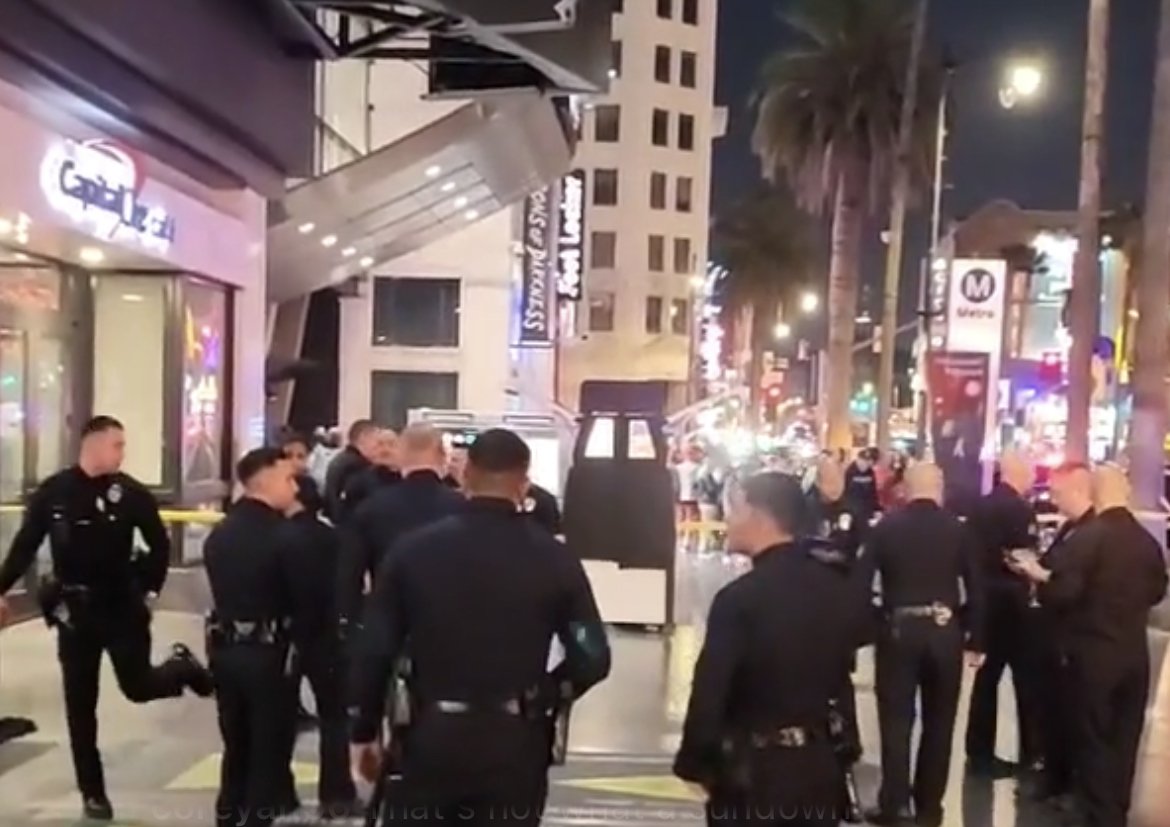HOLLYWOOD—The Writers Guild of America went on strike on Tuesday, May 2, after failing to reach negotiations with the Alliance of Motion Picture and Television Producers. AMPTP serves as a trade association between TV networks, movie studios and streaming platforms.
The Writers Guild of America – East indicated the following statement on their website:
“Following the unanimous recommendation of the WGA Negotiating Committee, the Council of the Writers Guild of America, East (WGAE), and the Board of Directors of the Writers Guild of America West (WGAW) acting upon the authority granted to them by their memberships, have voted unanimously to call a strike, effective 12:01a.m. Pacific Time, Tuesday, May 2.
The decision was made following six weeks of negotiations with Netflix, Amazon, Apple, Disney, Discovery-Warner, NBC Universal, Paramount and Sony under the umbrella of the Alliance of Motion Picture and Television Producers (AMPTP). The WGA Negotiating Committee began this process intent on making a fair deal, but the studios’ responses have been wholly insufficient given the existential crisis writers are facing.
The companies’ behavior has created a gig economy inside a union workforce, and their immovable stance in this negotiation has betrayed a commitment to further devaluing the profession of writing. From their refusal to guarantee any level of weekly employment in episodic television, to the creation of a “day rate” in comedy variety, to their stonewalling on free work for screenwriters and on AI for all writers, they have closed the door on their labor force and opened the door to writing as an entirely freelance profession. No such deal could ever be contemplated by this membership.”
The strike will put an immediate halt to production on TV and films. The strike will also impact late-night talk shows that rely on writers. The strike can also impact scripted TV series that may have to halt production.
According to the 2023 Pattern of Demands on the WGAW website, writers are looking for an increase in compensation and residuals that include:
-Increase minimum compensation significantly to address the devaluation of writing in all areas of television, new media and features
-Standardize compensation and residual terms for features whether released theatrically or on streaming
-Address the abuses of mini-rooms
-Ensure appropriate television series writing compensation throughout entire process of pre-production, production and post-production
-Expand span protections to cover all television writers
-Apply MBA minimums to comedy-variety programs made for new media
-Increase residuals for under-compensated reuse markets
-Restrict uncompensated use of excerpts
The Pattern of Demands is a constitutionally-required statement of general objectives for the MBA negotiations. On March 7, 2023, the 2023 Pattern of Demands was approved by WGA members, 98.4 percent (5,553) voting yes, and 1.6 percent (90) voting no.
The WGA is also asking for increased contributions to Pension Health and Health Fund. They are also asking for feature contracts in which compensation falls below a specific threshold, require weekly payment of compensation and a minimum of two steps. They want to strengthen regulation of options and exclusivity in television writer employment contracts; regulate use of material produced using artificial intelligence or similar technologies; enact measures to combat discrimination and harassment and to promote pay equity; and revise and expand all arbitrator lists
The Writers Guild of America, East (WGAE) and Writers Guild of America West (WGAW) are labor unions that represent writers in motion pictures, television, cable, digital media, and broadcast news. The guilds negotiate and administer contracts that protect the rights of their members.
Picketing at several locations is slated to begin at 1 p.m. EST on Tuesday at locations that include: Amazon/Culver Studios, CBS Radford and CBS Television City, Disney’s Burbank headquarters, Netflix’s Hollywood plant and the Fox, Sony, Paramount, Warner Bros and Universal studio lots in Los Angeles. On the East Coast, picketing will take place at Peacock’s Newfront at Center415 and at the Netflix Manhattan headquarters.
The Writers Guild of America West indicated the following announcement on their website:
“We must now exert the maximum leverage possible to get a fair contract by withholding our labor. All WGA members are obligated to follow the strike rules. The FAQ about the strike rules includes forms to assist with notice requirements as well as contact information for Guild staff to provide additional guidance.
Members of the Negotiating Committee, Board and Council will be out with you on the picket lines. The initial picketing schedule can be found here and will be updated regularly.
Writers Guild members can hear a full report from the Negotiating Committee in Los Angeles at the Shrine Auditorium at 7:00 pm PT on Wednesday May 3 (RSVP here) and in New York at Cooper Union at 7:00 pm ET (RSVP here). Members outside of Los Angeles and New York or who are otherwise unable to attend a meeting will receive information in the coming days to hear from leadership and receive information about additional ways to support the strike.
Here is what all writers know: the companies have broken this business. They have taken so much from the very people, the writers, who have made them wealthy. But what they cannot take from us is each other, our solidarity, our mutual commitment to save ourselves and this profession that we love. We had hoped to do this through reasonable conversation. Now we will do it through struggle. For the sake of our present and our future, we have been given no other choice.”
“The AMPTP member companies remain united in their desire to reach a deal that is mutually beneficial to writers and the health and longevity of the industry, and to avoid hardship to the thousands of employees who depend upon the industry for their livelihoods,” the AMPTP said in a statement Monday night. “The AMPTP is willing to engage in discussions with the WGA in an effort to break this logjam.”
Other concerns for writers include pay for comedy-variety writers, and concerns about A.I. writing and ChatCPT. The WGA wants to ensure AI cannot be used to write or rewrite literary material. Writers who are members of the guild are prohibited from writing, pitching, or negotiating for work.
Writers must immediately stop providing writing services for any and all companies that are part of the Alliance of Motion Picture and Television Producers. In addition, they are expected to show up at the picket lines unless they have a “written medical excuse” as to why they cannot. If a script needs a rewrite during production, a WGA writer would not be allowed to do so. Writers cannot write, deliver or negotiate or discuss projects during a strike.
The last time writers went on strike was 15 years ago in 2007 that lasted more than 100 days. Before then, writers went on strike in 1988, and that strike lasted over 153 days. No date has been announced for the parties to return to the table to negotiate on a deal.























